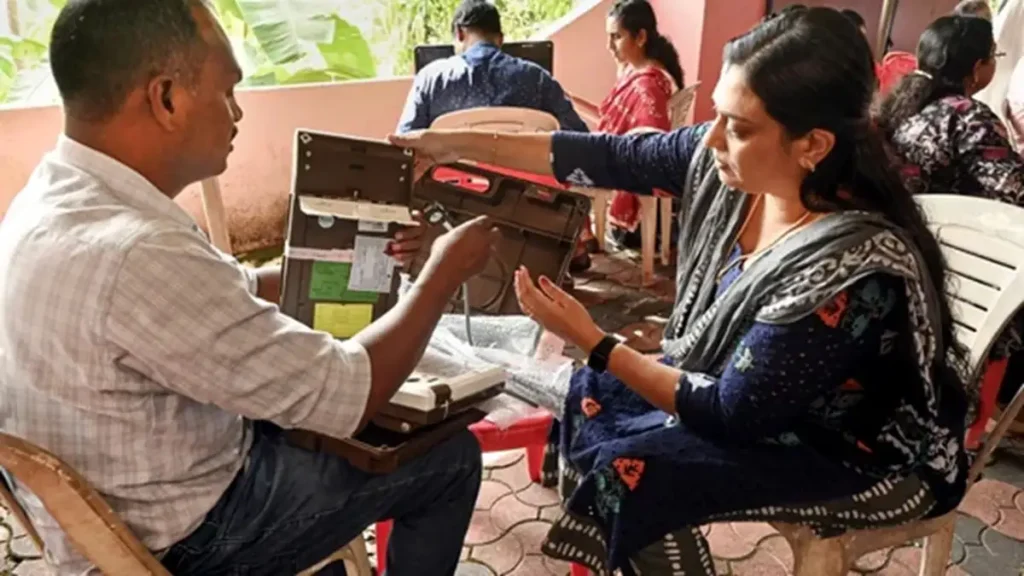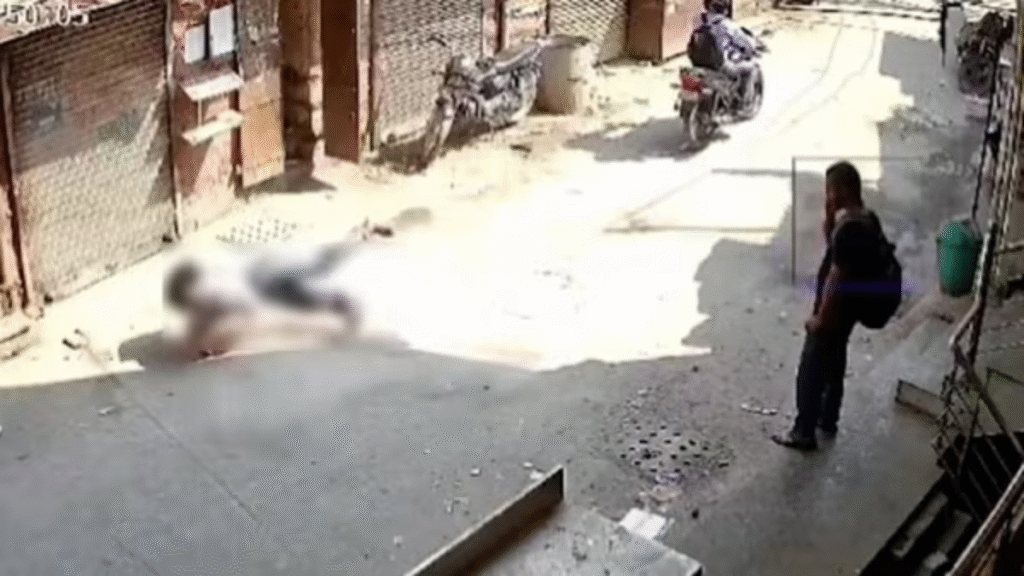Now Reading: Wife of Sonam Wangchuk Approaches Supreme Court, Challenges Detention Under NSA
-
01
Wife of Sonam Wangchuk Approaches Supreme Court, Challenges Detention Under NSA
Wife of Sonam Wangchuk Approaches Supreme Court, Challenges Detention Under NSA

New Delhi: In a significant legal move, Dr. Gitanjali J. Angmo, the wife of renowned Ladakhi education reformer and climate activist Sonam Wangchuk, has approached the Supreme Court of India. Her petition challenges her husband’s detention under the stringent National Security Act (NSA) and seeks his immediate release.
Wangchuk, a prominent voice for constitutional safeguards and statehood for Ladakh, was detained on September 26 and subsequently lodged in Jodhpur Central Jail, Rajasthan. His arrest followed violent protests in Leh, where demonstrators were pressing demands for the inclusion of the Union Territory under the Sixth Schedule of the Constitution, a move that would provide crucial protections for the region’s land, jobs, and distinct culture.
Habeas Corpus Petition Filed
Dr. Angmo’s plea, filed under Article 32 of the Indian Constitution, takes the form of a habeas corpus petition, a legal recourse used to seek a person’s release from unlawful detention. In her submission to the apex court, Dr. Angmo has reportedly questioned the legality of applying the NSA against her husband, asserting that his arrest constitutes an illegal action and a violation of established rules and norms.
A key point of contention raised by the family is the alleged lack of information and communication. Dr. Angmo stated publicly that she has had no contact with her husband since his detention and has not been officially served with a copy of the detention order, which she argues is a direct breach of procedure under the NSA. This lack of transparency has fuelled her concern over her husband’s health and the conditions of his confinement.
Allegations of ‘Witch Hunt’ and Lack of Due Process
The filing in the Supreme Court comes on the heels of Dr. Angmo’s appeal to the nation’s highest constitutional authorities. Earlier, she had written a detailed representation to President Droupadi Murmu, Prime Minister Narendra Modi, and Home Minister Amit Shah, among others, urging their intervention for her husband’s “unconditional release.” In this letter, she alleged that a “full-scale witch hunt” has been unleashed against her husband for his peaceful, Gandhian activism, and she questioned whether “it was a sin to fight against the reckless and the unchecked development activities” in the ecologically fragile region of Ladakh.
Authorities, including the Ladakh administration, have justified Wangchuk’s detention under the NSA, accusing him of delivering provocative speeches with references to foreign agitations, which they claim led to the September 24 violence in Leh. The administration has also cited an investigation into alleged foreign funding irregularities concerning the Himalayan Institute of Alternatives, Ladakh (HIAL), an organization co-founded by Wangchuk.
Dr. Angmo, however, has strongly refuted these allegations, dismissing suggestions of her husband having “Pakistani links” as “false and wrong.” She has maintained that Wangchuk’s decades of work in education and climate advocacy are firmly in the national interest and that his protests for constitutional safeguards for Ladakh have always been peaceful.
The Supreme Court is currently on a break for the Dussehra festival, but it is expected that a request for an urgent hearing on Dr. Angmo’s petition will be made once the court reconvenes. The outcome of this high-profile legal challenge is keenly awaited, as it brings the contentious issue of detentions under the NSA, and the demands for constitutional protection for Ladakh, into the nation’s highest judicial forum.










